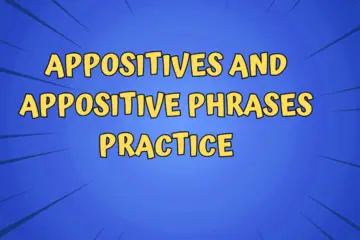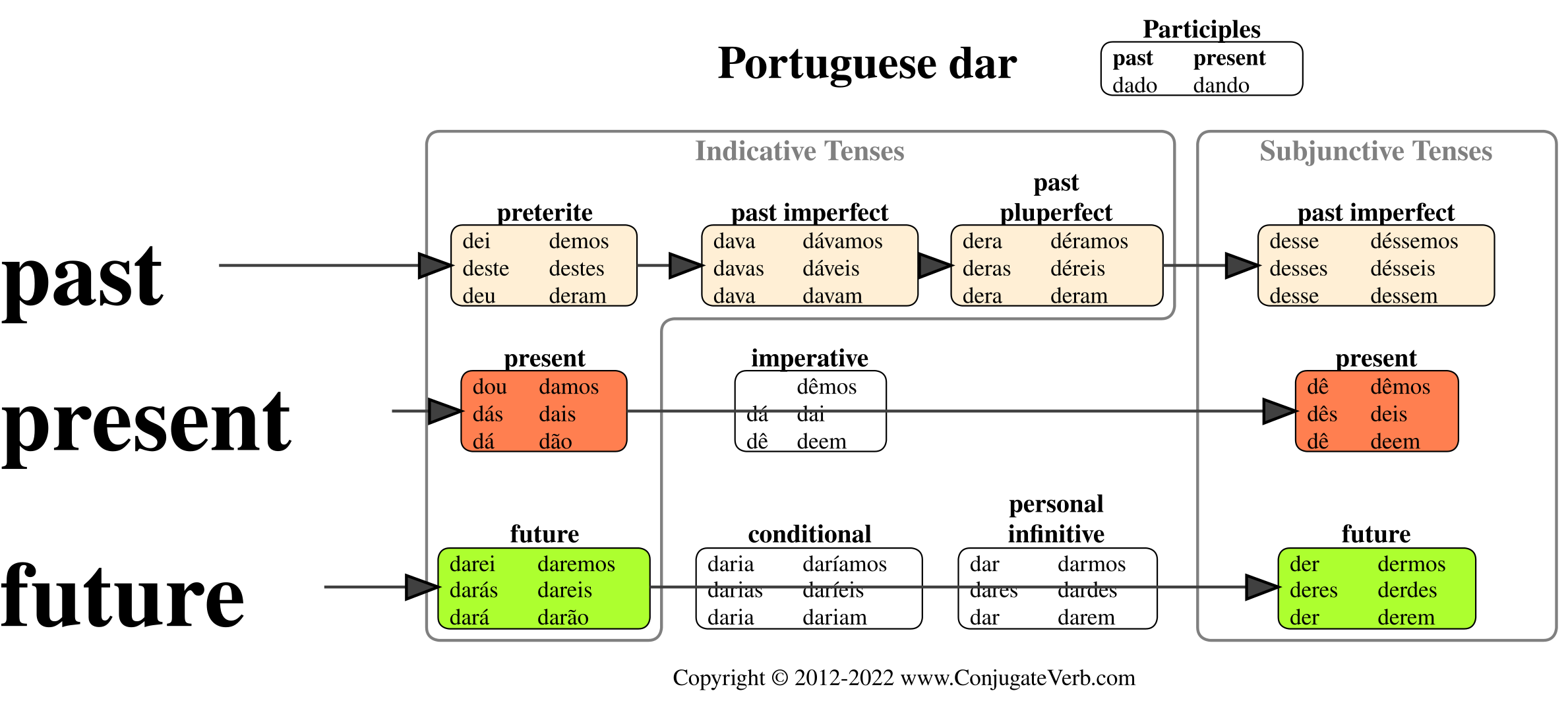Mastering the Use of Have Been vs. Has Been and Had Been in English Grammar: Ah, the tricky duo of “have been” and “has been”! They may sound similar, but understanding the nuances between them is crucial for expressing yourself accurately in English. Here’s an elaborate breakdown to help you master them:
The Crux of the Matter: Subject Agreement
The primary difference BETWEEN the Use of Have Been vs. Has Been lies in subject agreement. These phrases belong to the present perfect tense, used to indicate an action that began in the past and continues to the present or has just been completed. However, their usage depends on the subject of the sentence:
- “Has been” is used with third-person singular subjects (he, she, it, and singular nouns).
- “Have been” is used with all other subjects (I, you, we, they, and plural nouns).
Here are some examples to illustrate:
- He has been studying for the exam all night. (Third-person singular subject “he”)
- We have been waiting for the bus for over an hour. (First-person plural subject “we”)
- The movie has been playing for 20 minutes. (Singular noun subject “movie”)
- You have been a great friend. (Second-person singular subject “you”)
Beyond Subject Agreement: Nuances and Additional Considerations
While subject agreement is the key, there are a few additional points to consider:
- Present Perfect Continuous: Both “has been” and “have been” can be combined with the present participle (“-ing”) to form the present perfect continuous tense. This signifies an ongoing action that started in the past and continues to the present:
- She has been working on her project all day.
- They have been arguing for hours.
- Negative Sentences: To negate these phrases, simply add “not” after “has” or “have”:
- He has not been feeling well.
- We have not been informed about the changes.
- “Has Been” as a Noun Phrase: In rare cases, “has-been” can function as a noun phrase to describe someone who was once successful but is no longer at their peak. This usage has a negative connotation, so use it with caution.
Remember: Practicing with these examples and forming your own sentences will solidify your understanding of “have been” and “has been”. Don’t hesitate to ask if you have further questions!
The phrase “be going to have been” is a combination of the future “be going to” and the present perfect “have been.” It is used to describe an action that will have already happened in the future, relative to another future event.
Here are some examples of when and how to use “be going to have been”:
- By the time we arrive, they are going to have been waiting for us for two hours.
- Next week, I’m going to have been living in this city for five years.
- When you get back from your trip, I’m going to have been finished with this project for a week.
- By this time next year, we are going to have been married for 10 years.
- She is going to have been working at that company for 20 years next month.
- The plane is going to have been flying for six hours when it lands.
- I’m going to have been studying English for six months by the time I take the test.
- By the time we reach the top of the mountain, we are going to have been hiking for four hours.
In each of these examples, the speaker is describing an action that will have been completed at some point in the future, using the combination of “be going to” and “have been.” It is a way to express a sense of completion or duration, as well as a future time frame.
Overall, “be going to have been” is a useful phrase for expressing future completion or duration in a concise and clear manner.
“Have been,” “has been,” and “had been” are all forms of the verb “to be” used in the present perfect, present perfect continuous, and past perfect continuous tenses, respectively. Here’s a breakdown of how to use each one correctly:
- “Have been”: This is the present perfect continuous tense, and it’s used to describe an action that began in the past and is still ongoing in the present. For example, “I have been studying for three hours.” This sentence means that the person started studying three hours ago and is still studying now.
- “Has been”: This is also the present perfect continuous tense, but it’s used when the subject of the sentence is singular (he, she, or it). For example, “He has been working all day.” This sentence means that the person has been working for the entire day up until the present moment.
- “Had been”: This is the past perfect continuous tense, and it’s used to describe an action that was ongoing in the past and ended before another past action. For example, “She had been playing tennis for an hour when it started to rain.” This sentence means that the person was playing tennis for an hour before it started to rain.
It’s important to use these verb forms correctly in order to convey the intended meaning of the sentence. Mixing them up can lead to confusion and misunderstandings.
Differences between “Have Been vs. Has Been vs. Had Been”
Here are some bullet points that highlight the differences between “Have Been vs. Has Been vs. Had Been” and when to use them correctly:
- “Have Been” is used in the present perfect tense to describe an action that started in the past and continues up to the present. For example, “I have been working on this project for two hours.”
- “Has Been” is the singular form of “Have Been” and is also used in the present perfect tense. It is used when the subject of the sentence is singular and in the third person (he, she, it). For example, “She has been studying for the exam all week.”
- “Had Been” is used in the past perfect tense to describe an action that was completed in the past before another action occurred. For example, “I had been studying for the exam before I went to bed.”
- “Have Been” and “Has Been” are both used to describe ongoing actions, while “Had Been” is used to describe completed actions in the past.
- “Have Been” and “Has Been” are both used in the present perfect tense, while “Had Been” is used in the past perfect tense.
- It is important to use the correct form of the verb (have, has, or had) depending on the subject of the sentence and the tense being used.
I hope this helps!
- I have been working on this project for a week.
- She has been studying English for two years.
- They have been living in New York since 2015.
- He has been sick for a week.
- We have been waiting for the train for half an hour.
- She has been dancing for hours.
- They have been planning this trip for months.
- He has been practicing his guitar skills for years.
- I have been reading this book for days.
- She has been cooking dinner for an hour.
- They have been renovating their house for weeks.
- He has been teaching English for a decade.
- We have been enjoying the beautiful weather lately.
- She has been playing tennis for years.
- They have been dating for three years.
- He has been running a successful business for years.
- I have been learning a new language for months.
- She has been working out at the gym for weeks.
- They have been volunteering for a local charity for years.
- He has been taking care of his garden for years.
- We have been practicing for the upcoming performance.
- She has been meditating every day for years.
- They have been exploring new cities for months.
- He has been traveling the world for years.
- I have been taking care of my sick mother for months.
- She has been studying for her upcoming exams.
- They have been working on their new album for months.
- He has been painting beautiful landscapes for years.
- We have been planning a surprise party for our friend.
- She has been singing since she was a child.
- They have been working on a secret project for years.
- He has been collecting antique coins for years.
- I have been attending online classes for months.
- She has been learning how to play the piano for years.
- They have been practicing yoga for months.
- He has been writing a book for years.
- We have been enjoying the beautiful sunset on the beach.
- She has been designing clothes for years.
- They have been renovating their old house for months.
- He has been working as a doctor for years.
- I have been taking care of my pet dog for years.
- She has been practicing ballet for years.
- They have been playing chess for months.
- He has been learning how to cook for years.
- We have been attending concerts for months.
- She has been writing a blog for years.
- They have been taking care of their newborn baby for months.
- He has been studying for his upcoming exam for months.
- I have been working on my thesis for months.
- She has been playing the guitar for years.
Here are 10 examples using “had been”: - He had been working on the project for months before he quit his job.
- By the time we arrived, the party had been going on for hours.
- She realized she had been living in the same apartment for over a decade.
- The athlete had been training for years before she finally won the championship.
- The company had been struggling financially for years before it went bankrupt.
- They had been planning their trip for months before the pandemic hit.
- The museum had been closed for renovations for several months before it reopened.
- The book had been on the bestseller list for weeks before it fell off.
- The film had been nominated for several awards before it was released.
- The car had been in the garage for repairs for a week before it was ready.
Is Have Been a Helping Verb?
Yes, “have been” is a helping verb. It is the present perfect tense of the verb “to be,” and it is used to form the present perfect continuous tense. This tense is used to describe actions that started in the past and continue up to the present. In this case, “have been” is the helping verb and is used with the present participle of the main verb to form the continuous aspect.
Usage of “Had Been”
“Had been” is the past perfect tense of the verb “to be.” It is used to describe an action that was completed before another past action. In other words, “had been” is used to describe a past event that occurred before another past event.
For example:
- “I had been studying for two hours before I went to bed.” In this sentence, “had been” describes the action of studying, which was completed before the action of going to bed.
“Had been” can also be used to describe the duration of an action that was completed in the past. For example:
- “I had been living in New York City for five years before I moved to Los Angeles.” In this sentence, “had been” describes the duration of living in New York City, which was completed before the action of moving to Los Angeles.
It is important to note that “had been” is used in the past perfect tense and is always paired with another past tense verb. This means that the sentence will have two past tense verbs.
For example:
- “He had been studying for hours when he finally took a break.” In this sentence, “had been” is paired with the past tense verb “studying.”
In summary, “had been” is used to describe a past action that was completed before another past action or to describe the duration of an action that was completed in the past. It is always used in the past perfect tense and is paired with another past tense verb.
“Be Going To Have Been” when to use and how?
The phrase “be going to have been” is a combination of the future “be going to” and the present perfect “have been.” It is used to describe an action that will have already happened in the future, relative to another future event.
Here are some examples of when and how to use “be going to have been”:
- By the time we arrive, they are going to have been waiting for us for two hours.
- Next week, I’m going to have been living in this city for five years.
- When you get back from your trip, I’m going to have been finished with this project for a week.
- By this time next year, we are going to have been married for 10 years.
- She is going to have been working at that company for 20 years next month.
- The plane is going to have been flying for six hours when it lands.
- I’m going to have been studying English for six months by the time I take the test.
- By the time we reach the top of the mountain, we are going to have been hiking for four hours.
In each of these examples, the speaker is describing an action that will have been completed at some point in the future, using the combination of “be going to” and “have been.” It is a way to express a sense of completion or duration, as well as a future time frame.
Overall, “be going to have been” is a useful phrase for expressing future completion or duration in a concise and clear manner.
Conclusion
In conclusion, the correct use of “have been,” “has been,” and “had been” is crucial to maintain proper verb tense and communicate effectively in written and spoken English. “Have been” and “has been” are both present perfect tense forms, with “have been” used for plural subjects and “has been” used for singular subjects. “Had been” is the past perfect tense form, used to indicate an action that was completed in the past before another past action took place. By understanding the proper usage of these verb forms, English learners can express themselves with greater clarity and accuracy.



